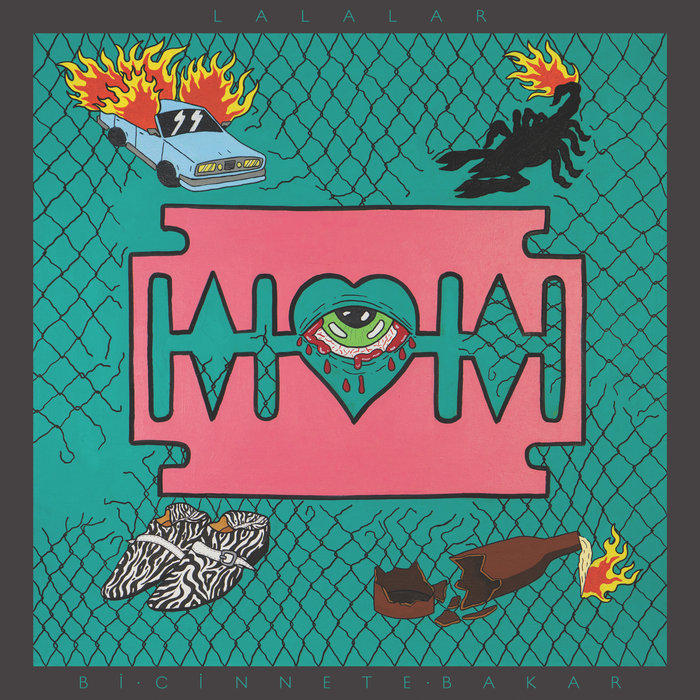
Abla Deme Lazım Olur – Lalalar
this blog is GROOVY – check out great Soul, Funk, Jazz, Hip Hop, Bass, Breaks , Reggae, House n many more TUNES
Turkish rock, a genre that blossomed in the 1960s, is a captivating blend of traditional Turkish music and Western rock influences. It’s a story of rebellion, experimentation, and a unique cultural identity, where the rhythms of the darbuka drum mingle with the power chords of electric guitars.
The early days of Turkish rock saw bands like Moğollar, Kaygısızlar, and The Four Turks emerge, influenced by Western rock giants like The Beatles and The Rolling Stones. These pioneers adapted Western rock structures to Turkish melodies and lyrics, creating a sound that was both familiar and uniquely Turkish. Moğollar, known for their energetic performances and the hit “Yalnız Kurt,” even faced accusations of being “too Western” in the early days, showcasing the cultural clashes inherent in the genre’s birth.
The 1970s saw a surge in political and social consciousness within Turkish rock. Bands like Barış Manço, known for his eccentric persona and iconic song “Halay,” became voices of dissent, addressing issues of poverty, social injustice, and the changing political landscape. The rise of the Anatolian rock subgenre, with bands like Erkin Koray, Cem Karaca, and Gülten Borak, further blended traditional Anatolian instruments and rhythms with rock instrumentation, creating a rich and diverse musical tapestry.
While the 1980s and 90s saw a decline in the popularity of Turkish rock, the genre continues to evolve and inspire new generations of musicians. Contemporary artists like Pinhani, Mor ve Ötesi, and Duman are keeping the spirit of Turkish rock alive, blending traditional elements with modern sounds and showcasing the enduring legacy of this vibrant and unique genre.
Turkish rock is more than just a musical genre; it’s a cultural movement that reflects the complex history and identity of Turkey. From the catchy melodies of the early pioneers to the politically charged anthems of the 70s, Turkish rock continues to evolve, capturing the essence of Turkish culture and its rich musical heritage. And who knows, maybe one day, the world will be singing along to a Turkish rock anthem about olives!

Abla Deme Lazım Olur – Lalalar